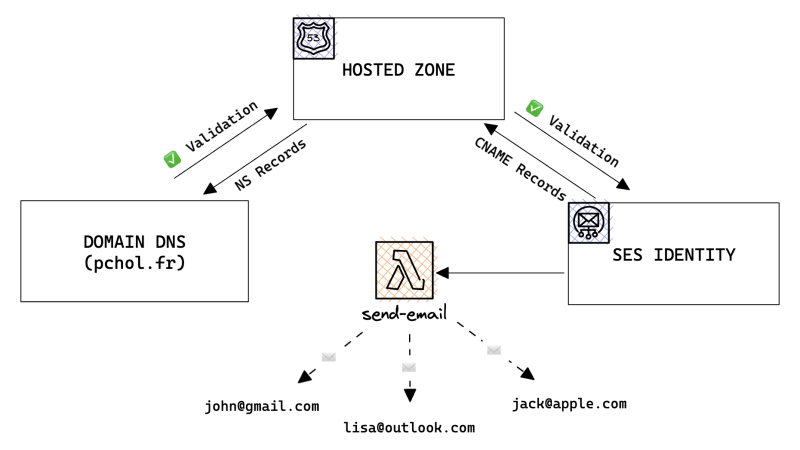Coding encompasses a wide range of concepts and principles that are fundamental to understanding and practicing programming. Here are some key concepts in coding:
Algorithms: Algorithms are step-by-step procedures or sets of rules for solving problems or performing tasks. They form the foundation of coding by outlining the logical and computational processes required to achieve a specific outcome.
Variables: Variables are containers used to store and manipulate data within a program. They can hold different types of values, such as numbers, text, or boolean (true/false) values. Variables allow programmers to work with and manipulate data dynamically.
Data Types: Data types define the kind of data that can be stored in a variable. Common data types include integers (whole numbers), floating-point numbers (decimal numbers), strings (text), booleans (true/false), arrays (collections of data), and objects (complex data structures).
Control Structures: Control structures enable programmers to control the flow of execution in a program. They include conditional statements (e.g., if-else, switch) for making decisions based on certain conditions, and looping statements (e.g., for, while) for executing a block of code repeatedly.
Functions: Functions are reusable blocks of code that perform specific tasks. They allow programmers to break down complex problems into smaller, manageable pieces. Functions take inputs (parameters) and produce outputs, providing a way to encapsulate and organize code for better readability and maintainability.
Object-Oriented Programming (OOP): OOP is a programming paradigm that organizes code around objects, which are instances of classes. Objects have properties (attributes) and behaviors (methods) associated with them. OOP concepts include encapsulation, inheritance, and polymorphism, which help in building modular, reusable, and extensible code.
Modularity: Modularity refers to the practice of breaking down code into separate, independent modules or functions. This approach improves code organization, readability, and reusability, as well as facilitates collaborative development.
Debugging: Debugging is the process of finding and fixing errors or bugs in a program. It involves identifying and understanding the cause of unexpected behavior and using tools and techniques to resolve issues and ensure the program functions as intended.
Version Control: Version control systems, such as Git, enable programmers to track and manage changes to their codebase. They provide mechanisms for collaboration, allowing multiple developers to work on the same codebase simultaneously, roll back to previous versions, and merge changes.
Testing: Testing involves systematically checking the behavior and correctness of code. It helps identify and prevent defects or unexpected behavior. Testing can be done through various techniques, including unit testing (testing individual components), integration testing (testing interactions between components), and system testing (testing the entire system).
These concepts provide a foundation for understanding and writing code, regardless of the programming language or domain. Mastery of these concepts enables developers to tackle a wide range of programming problems effectively.
